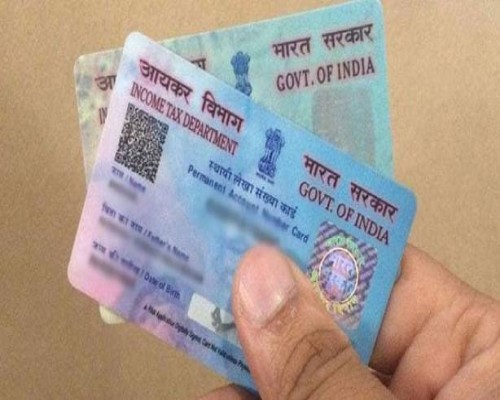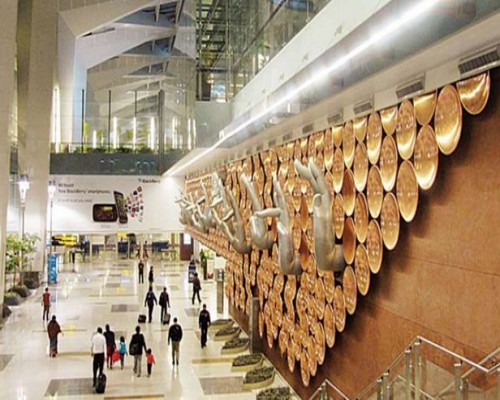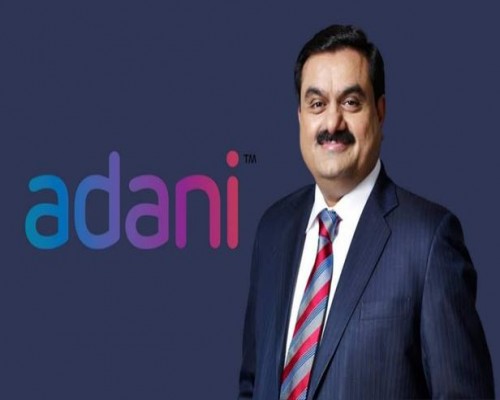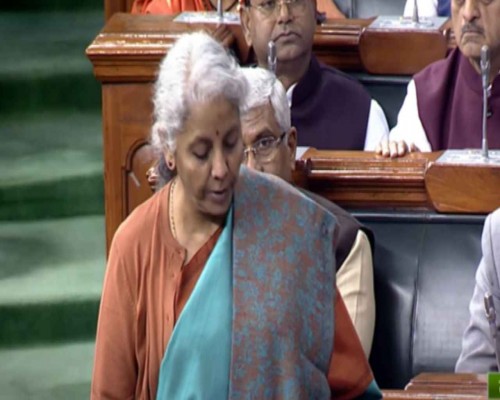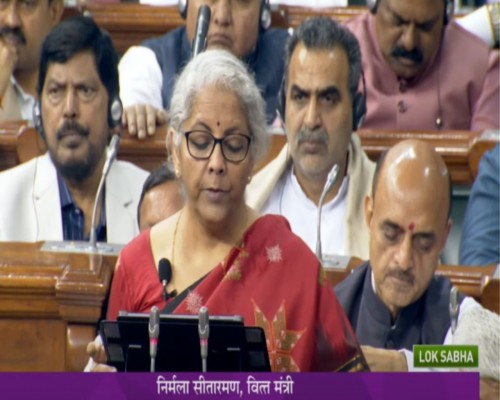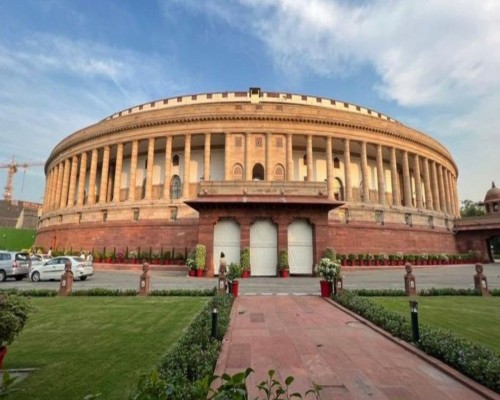India Develops Advanced Equipment to Prevent Railway Accidents
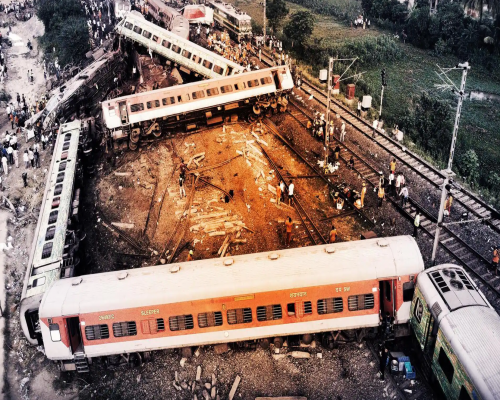
A Revolutionary System to Enhance Train Safety
In a major step toward rail safety, a Greater Noida-based company has developed an advanced system designed to prevent train accidents. This cutting-edge equipment will be installed on railway tracks to detect obstacles, track anomalies, and potential derailments well in advance.
How Does It Work?
• Sensors will be placed on both sides of the railway track to continuously monitor track conditions and detect any obstructions or defects up to 500 meters ahead.
• The system includes smart power meters, contactless detection units, and automatic brake signaling technology.
• As soon as a train approaches, the sensors activate and scan the track using laser technology, detecting any anomalies in real-time.
Cost and International Standards
• The estimated cost of this high-tech safety equipment is ₹3 crore per unit.
• The system has received certification from the International Railway Industry Standard (IRIS), making it suitable for global deployment.
• Currently, similar systems are used in the US, Australia, Germany, and the UK.
Potential Benefits
• Massive cost savings of ₹6-7 crore per unit in comparison to imported safety systems.
• Improved safety for metro rail, semi-high-speed trains, and freight corridors.
• Accurate accident prediction and prevention through real-time monitoring.
Academic and Industrial Collaboration
• Experts from Gautam Buddha University and leading research institutions have contributed to the development of this AI-driven railway safety technology.
• Delhi Metro Rail Corporation (DMRC) and Noida Metro Rail Corporation (NMRC) have shown interest in testing and deploying the system.
This breakthrough in railway safety technology positions India as a leader in accident prevention and rail infrastructure modernization. If successfully implemented, it has the potential to significantly reduce train derailments and collisions, ensuring safer and more efficient railway operations.












